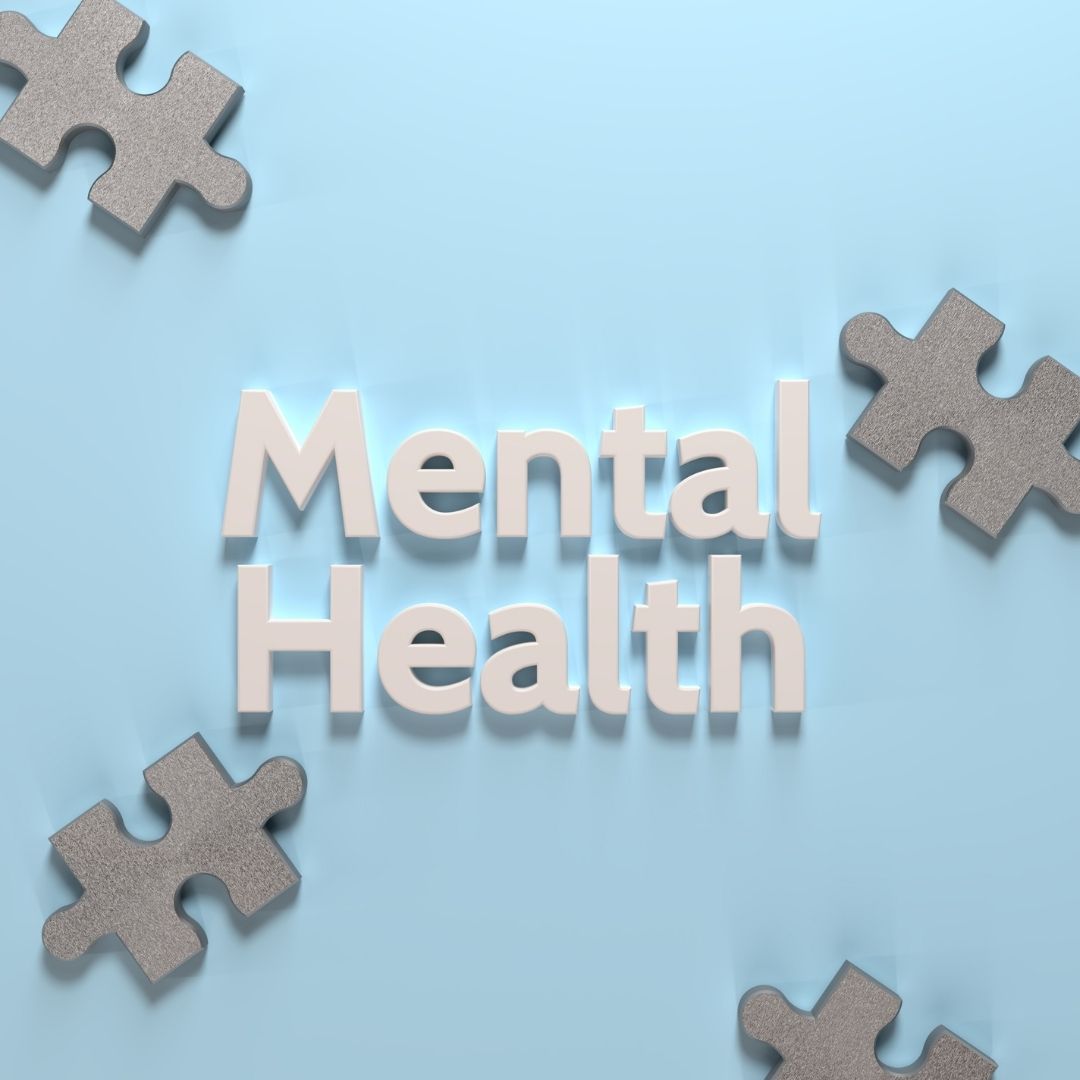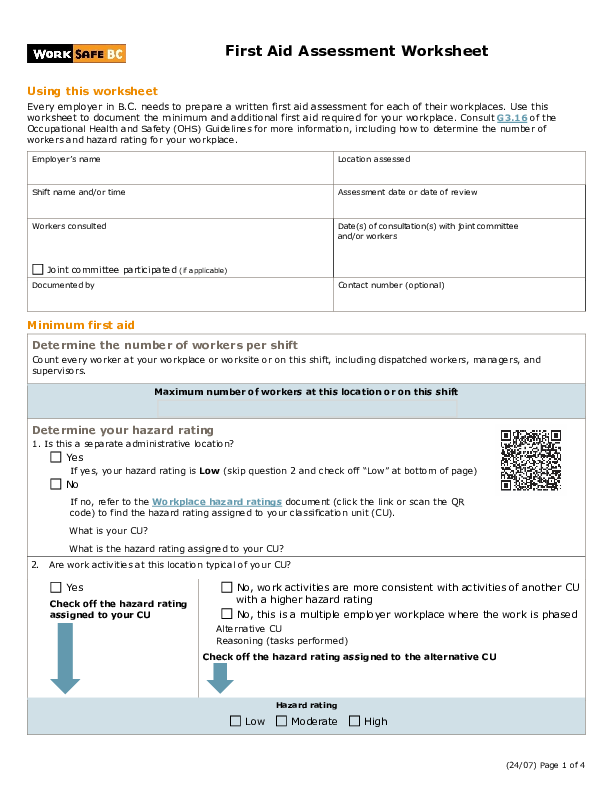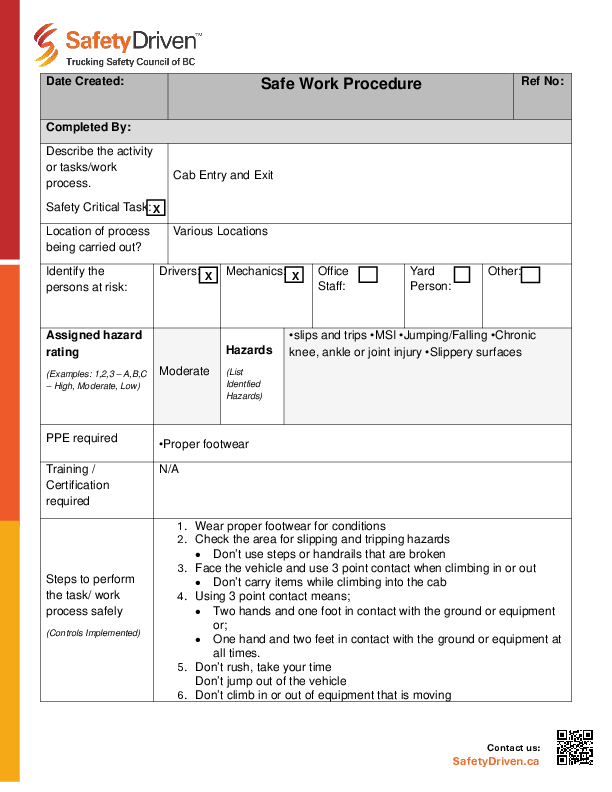
Finding certainty in an uncertain world
Although COVID-19 vaccinations are being administered across Canada, the virus still causes stress and uncertainty.
Although the end of the pandemic may be in sight, many people still feel anxious about it. They may wonder when they’ll get their vaccination and if it will work against the COVID variants.
We don’t know what’s going to happen even when everyone is vaccinated—will COVID come back every year, like the flu? Will my company survive the pandemic? Will I still have my job? People may worry about resuming relationships that suffered because of physical distancing and whether the world will feel normal again.
Uncertainty about the future can put a big strain on mental health. Realistically, we can never know what is actually going to happen, but the inability to predict or anticipate what to expect makes us feel very insecure.
We all want to feel certain about our lives, that we have some control over such things as keeping our families safe or supporting our aging parents. But COVID has forced us to question some of our most basic certainties, so everything else seems threatened as well.
The result can be endless worry, stress, and anxiety. Dr. Anne Marie Albano, professor of medical psychology at Columbia University and a scientific committee member of Anxiety Canada, explains that you feel you must prepare for the future, but you can’t because that future is so unpredictable. Even with the hope offered by the vaccine and easing of restrictions, people may still feel somewhat helpless and hopeless.
To alleviate anxiety, start by focusing on what you can control right now, for example:
● Your mindset. Don’t be a doomscroller, obsessively following every negative post or fear-mongering news clip. Turn off the news and watch a comedy or listen to feel-good music.
● Your physical health. Move, stretch, nudge your diet more toward healthy choices. Physical health has a direct effect on mental wellness.
● Your continuing connection with others. Make physical distancing less lonely; phone, text, email, Zoom, Skype, chat with people 2 metres apart and wear masks. You are not alone.
● Your vehicle’s safety and maintenance. Making sure your rig is in top shape can help you feel in control and keep you safe on the road. A new season is a good time to up your game and make sure your vehicle is ready to go by checking for winter damage and attending to repairs; the activity of doing something to protect yourself and your vehicle also provides good mental support.
Some worry is natural; finding simple ways to deal with it can prevent it from tipping over into chronic anxiety. SafetyDriven’s Tips for Managing Stress about COVID-19 provides a number of strategies, such as:
● Talking about your worries, emotions, and fears;
● Arming yourself with reliable information; and
● Asking for help when you need it.
For more information and free online resources about anxiety and mental health for the trucking and moving and storage industries, visit SafetyDriven.ca
Additional resources:
• Manage Coronavirus Workplace Anxiety
• Coping With Stress in Stressful Times and Every Day
• Drivers are Distracted by Stress, Fatigue, and COVID-19 Worries
• Canadian Mental Health Association (BC branch)
Latest Resources
First Aid Assessment Worksheet
Every employer in B.C needs to prepare a written first aid assessment for each of the ...
Safe Work Procedure: Cab Entry & Exit
An Employer can make use of a safe work procedure (SWP) by training new and existing ...

